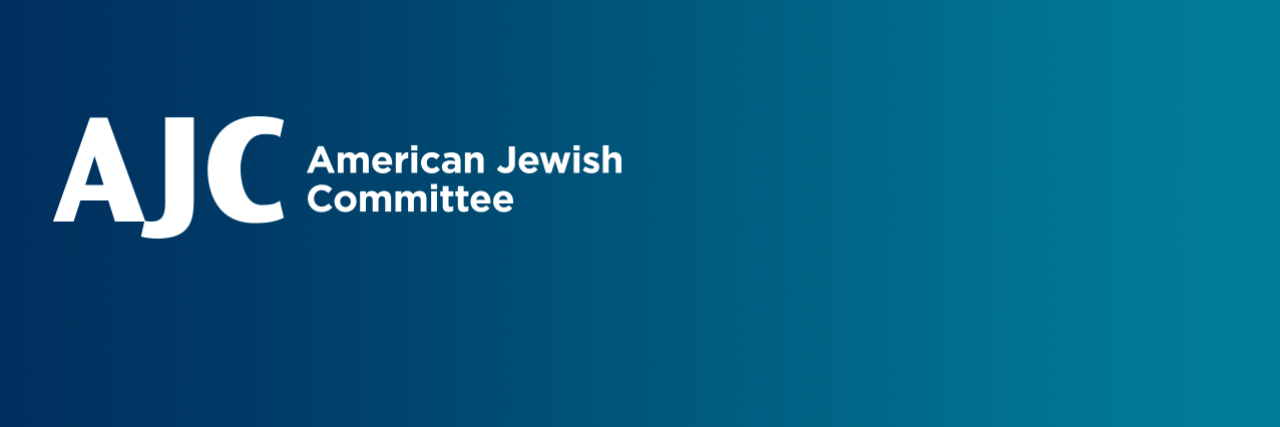February 21, 2025
The following column originally appeared in the Kansas City Star.
It’s no longer just some of us. Today, it’s most of us: A majority of American Jews have changed our behavior in some way out of fear of antisemitism.
American Jewish Committee’s newly released State of Antisemitism in America 2024 Report found that nearly three-quarters (73%) of Jews in the U.S. say they are less secure than they were a year ago.
Knowing this, it is unsurprising that 56% of us report changing our behavior — what we wear, where we go, or what we post online — over the past year out of concern for our safety. This is a sharp increase from the 46% of American Jews who reported altering their behavior in AJC’s 2023 report. This is nothing short of alarming — no one should have to hide their identity out of fear for their safety. The State of Antisemitism in America 2024 Report reflects how American Jews and the U.S. general public have perceived and experienced antisemitism in the full year since the Oct. 7, 2023, Hamas terrorist attacks on Israel. The data offers other troubling insights.
Nine in 10 American Jews believe antisemitism has increased in the U.S. since the attacks, and they believe antisemitism has increased in the last five years. In addition, 77% feel less safe living as a Jew in the U.S. as a result of the attacks. One-third of American Jews report being personally targeted by antisemitism — in person or virtually — at least once over the last year, with younger adults age 18 to 29 more likely to experience such incidents than older adults 30 and older (41% versus 31%).
But there is some good news: Nearly 70% of U.S. adults overall reported having heard the term “antisemitism” and knowing what it means — laying a necessary foundation upon which we can all work together to combat it. We can’t fight what we can’t recognize, and this hopeful finding indicates we can all work together to ensure no one has to hide who they are.
The Jewish Community Relations Bureau | AJC in Kansas City provides education and training on recognizing, preventing and responding to antisemitism. In those sessions, the team often explains that certain trends often anticipate increases in antisemitic incidents. We see those increases predictably occurring around Jewish holidays or following elections. And we certainly see them whenever there are escalations in the conflict between Israelis and Palestinians. Given the unprecedented nature of the Hamas attacks, we knew the ripple effects of that anti-Jewish hatred would hit hard.
In our educational programs, JCRB | AJC often teaches that the safety and status of Jews in any society is an indicator of the overall health of that society. It speaks to the stability of a society’s institutions, to the levels of disconnection and division among its members. Such deep insecurity and fear among the Jewish community is a wake-up call. We all have work to do in creating environments in which everyone, no matter their background, can thrive. Vast majorities of Americans understand this. Ninety percent of U.S. adults said they believe antisemitism affects society as a whole and that everyone is responsible for combating it. One-third (34%) of U.S. adults have spoken out against antisemitism. Such allyship can reap many dividends.
Indeed, it is only together, raising our voices and putting our deeply held beliefs into action, that we can reverse the trends these data reflect — and ensure the safety and security of us all.



